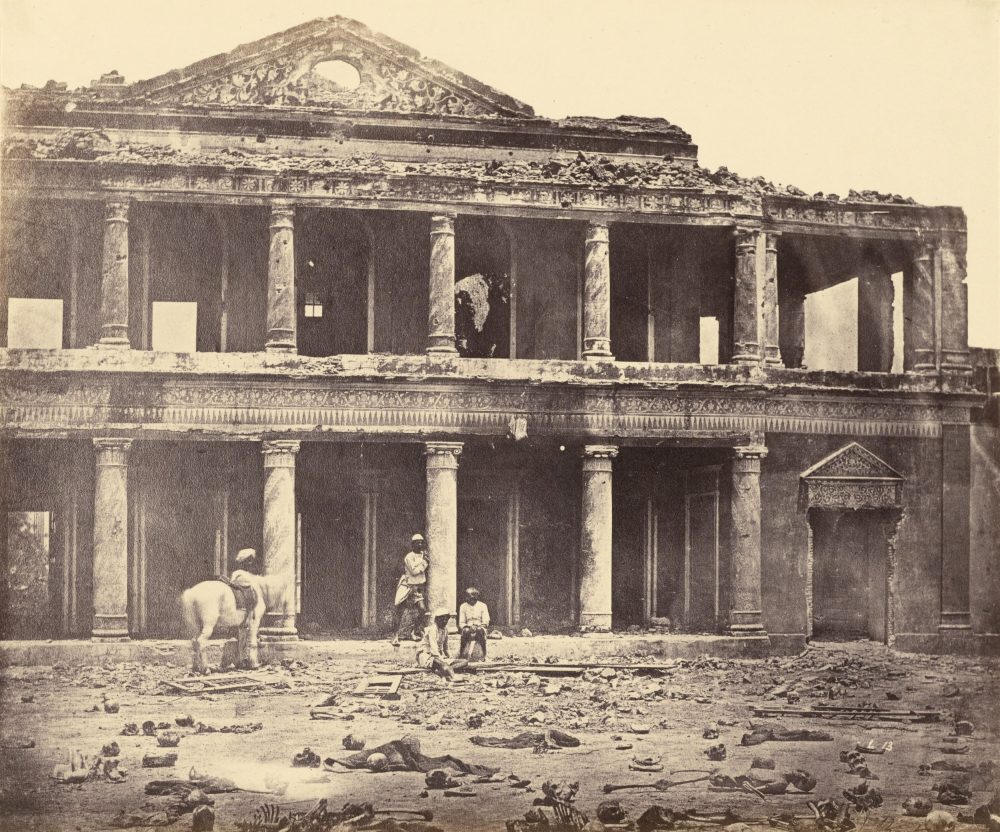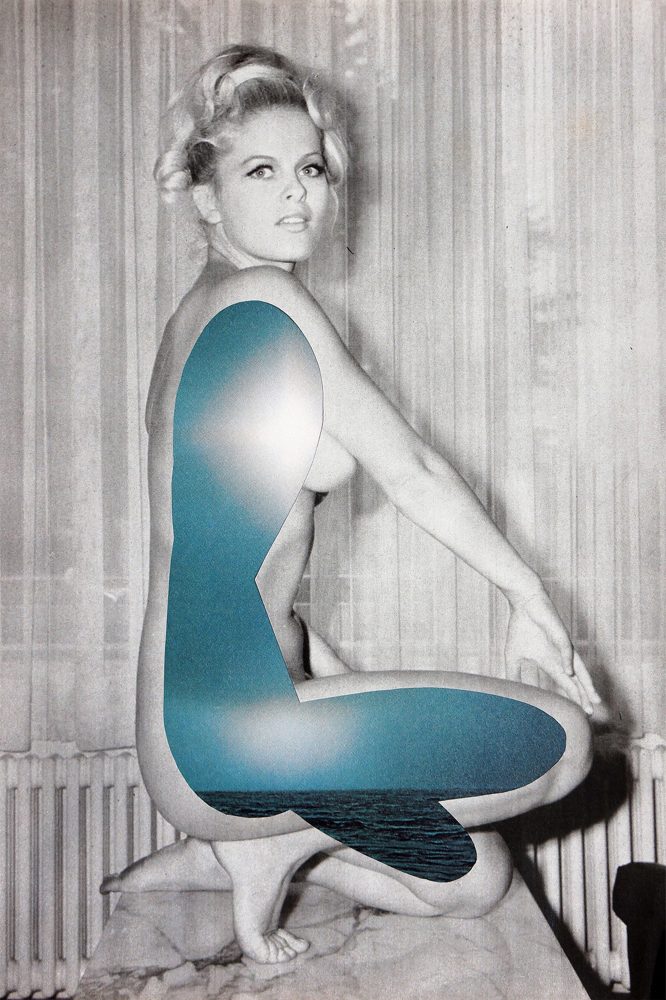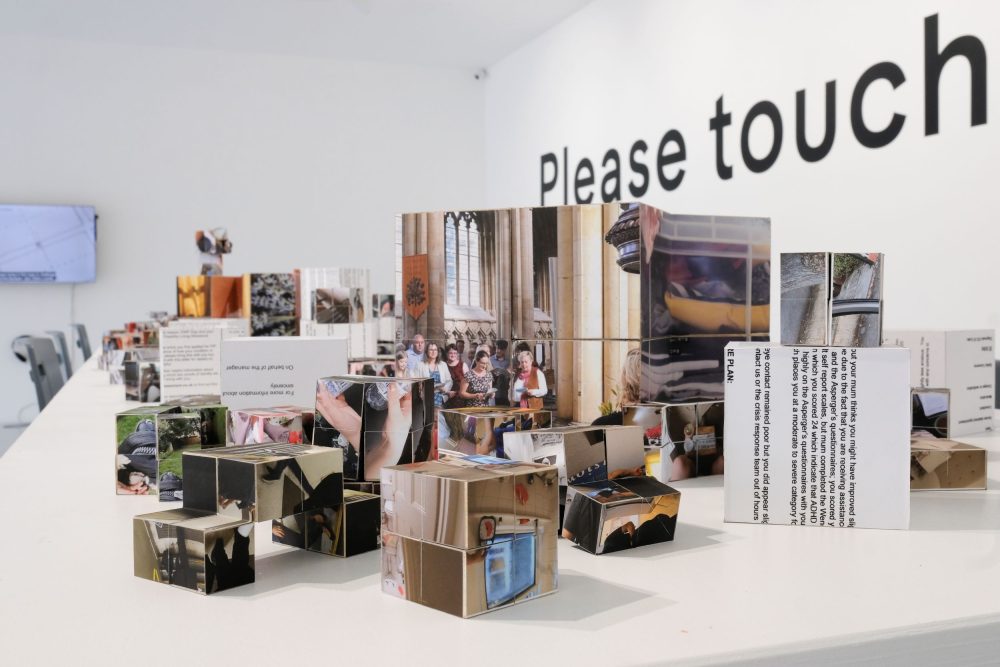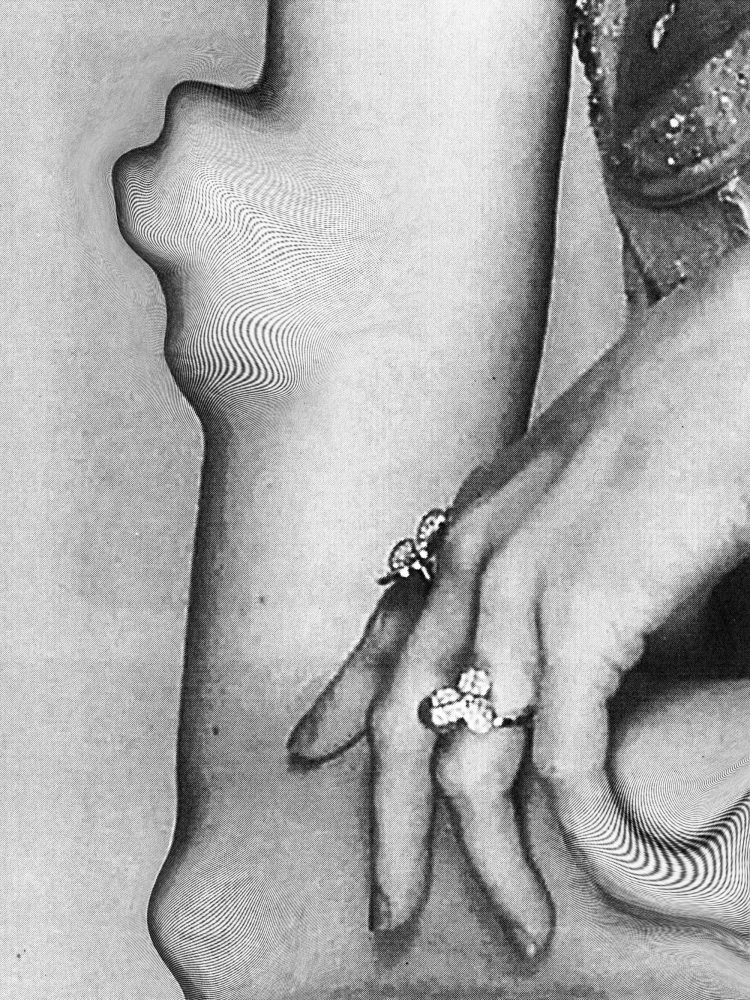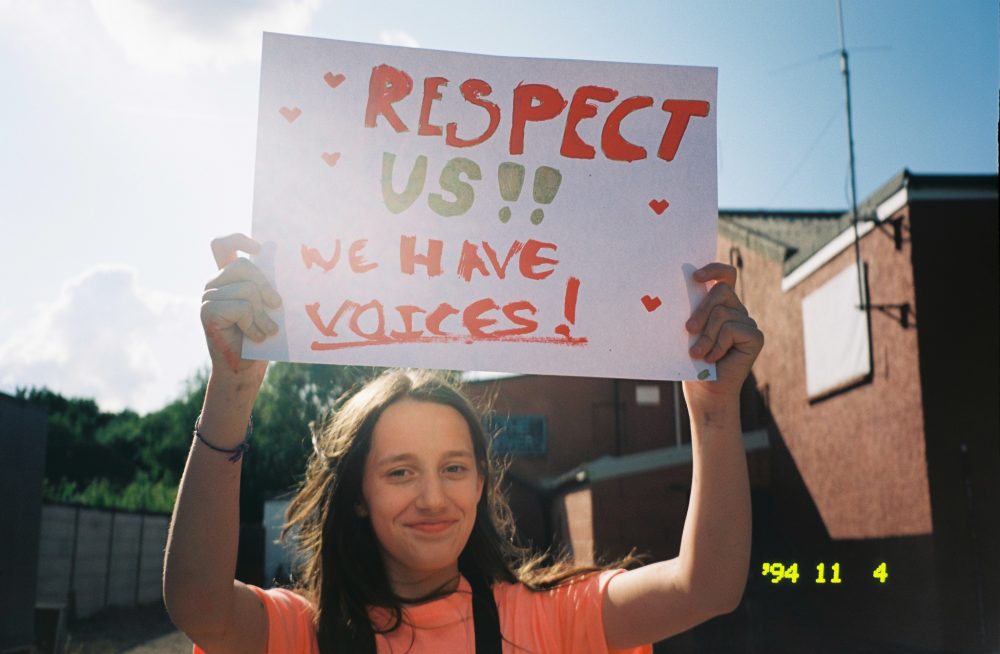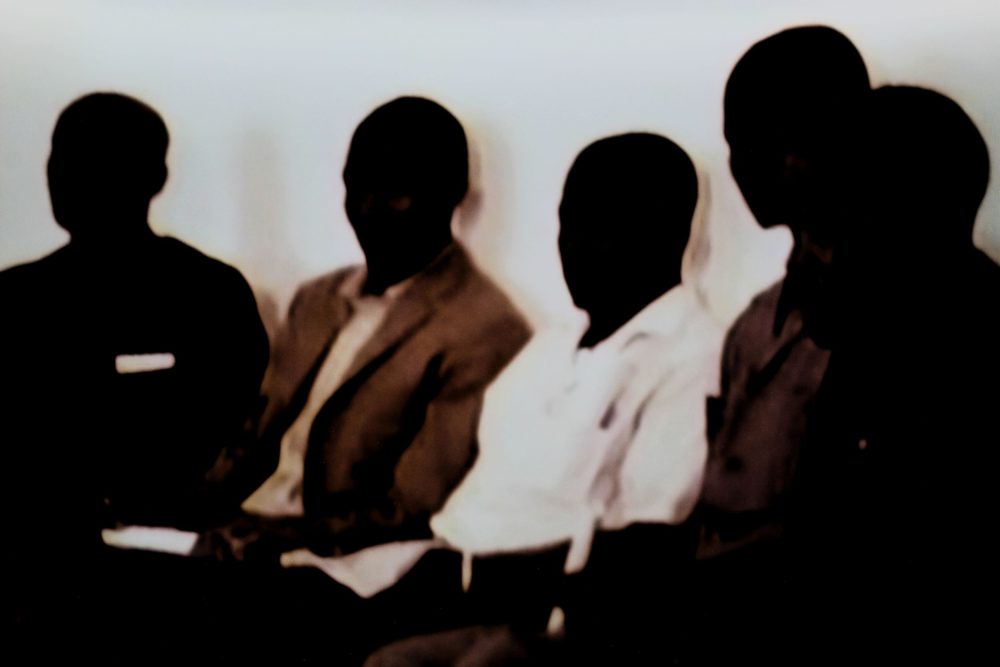#21 Thingification
In 1950 Aimé Césaire published the essay Discourse on Colonialism, a blistering critique of colonial attitudes that helped found the négritude movement in Francophone literature and post-colonial studies more generally. The essay contains the formulation ‘colonisation = thingification’, an insight that directly inspired the latest Photoworks Annual, The Thing. Taking a look at series by contemporary artists, The Thing considers how photography ‘thingifies’ and how those using the medium can push back.
Read editor's note
In 1950 Aimé Césaire published the essay Discourse on Colonialism, a blistering critique of colonial attitudes that helped found the négritude movement in Francophone literature and post-colonial studies more generally. The essay contains the formulation ‘colonisation = thingification’, an insight that directly inspired the latest Photoworks Annual, The Thing. Taking a look at series by contemporary artists, The Thing considers how photography ‘thingifies’ and how those using the medium can push back.
This issue of P+ takes these ideas as a starting point and includes an introduction to the themes and artists included in Photoworks Annual #30 – The Thing. But it also includes new articles and interviews. Photoworks writer-in-residence Tanlume Enyatseng has interviewed Kwazokuhle Phakathi, for example, a South African artist whose series Almost Everything Has Happened considers how xenophobia and division are sown in southern Africa, via contemporary TV imagery but also attitudes entrenched during the colonial period. Meanwhile, Rachna Shetty from the MAP Academy in Bengaluru considers images made by the colonial powers in 19th century India, and what they say about these powers’ worldview and about photography.
Elsewhere, Brasilian photographer Emilio Azevedo discusses his series Rondônia, which shows how photography has been used to physically and also mentally impose a certain perspective on the Amazon, while Kirsty Mackay talks through The Magic Money Tree, a project on those subjected to poverty in the UK which uses collaborative approaches and guaranteed anonymity to avoid ‘thingifying’ those it shows. Finally, Photoworks Learning and Engagement Consultant Juliette Buss and Photoworks Curator Julia Bunnemann discuss how the organisation has been evolving in order to collaborate with neurodivergent artists. ‘Do you think we can say that Photoworks is anti-thingification?’ Buss asks at the end of their conversation. ‘We at least try,’ Bunnemann responds.
Diane Smyth
Editor
